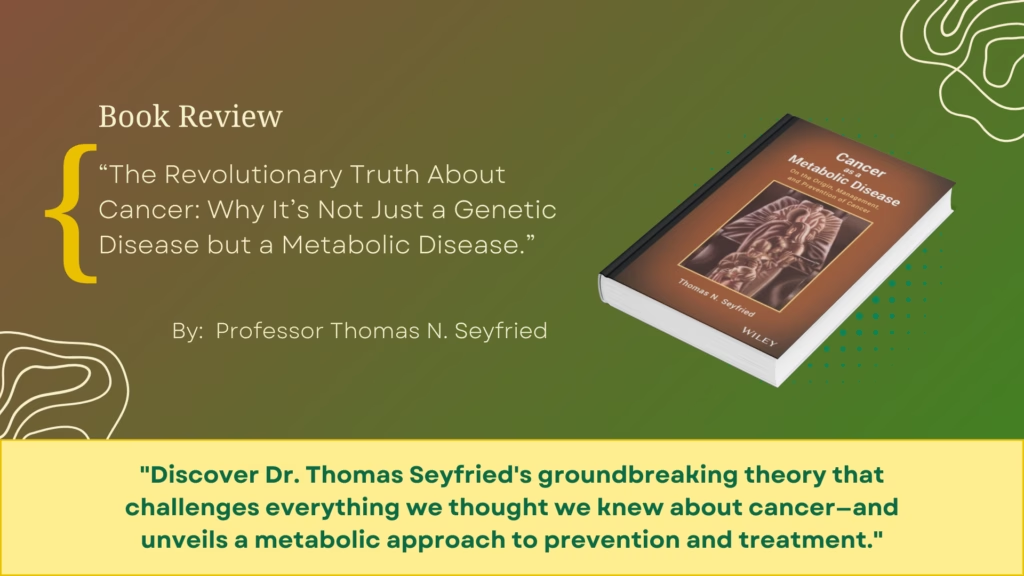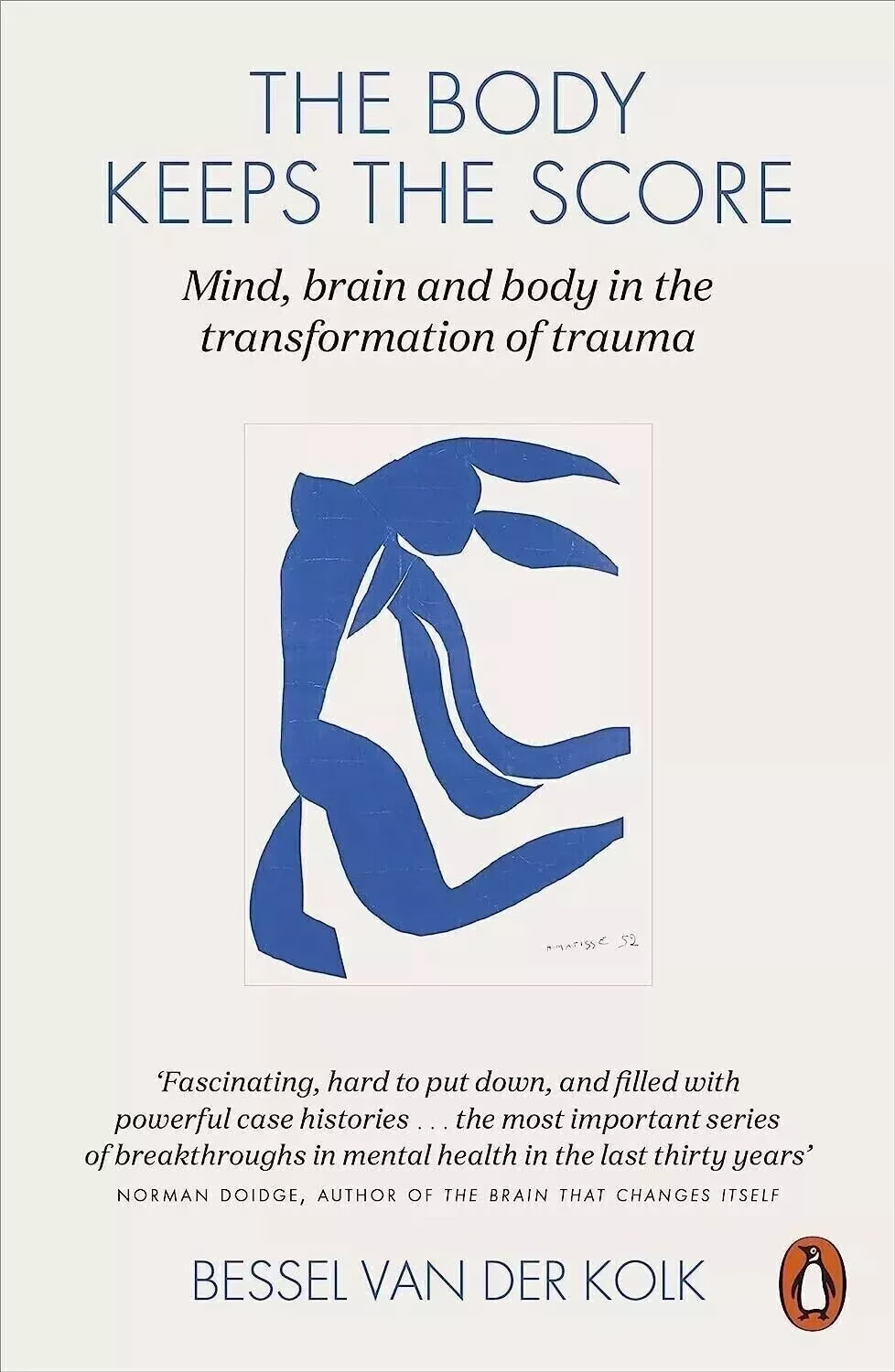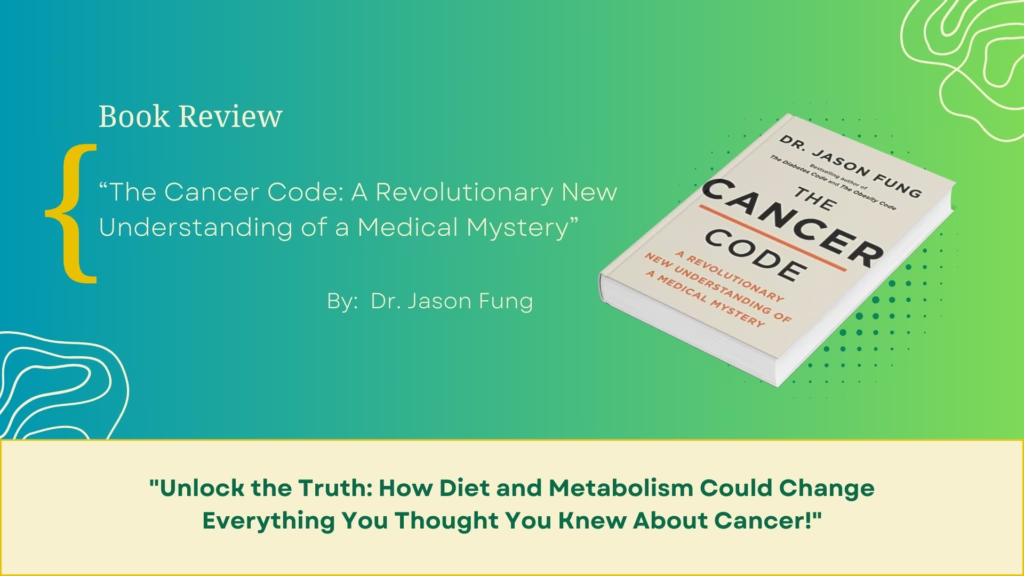
Cancer as a Metabolic Disease by Thomas Seyfried
In Cancer as a Metabolic Disease, Dr. Thomas Seyfried presents a groundbreaking approach to understanding cancer, challenging the conventional genetic




As a cancer patient navigating the physical and emotional challenges of a stage 4 triple-negative breast cancer diagnosis, this book was a revelation. It deepened my understanding of how chronic stress and past traumas resurface during a health crisis, exacerbating symptoms like fatigue and weakening immunity. Van der Kolk’s compassionate approach gave me hope that I can actively manage stress and process the emotional weight of my diagnosis. The idea that I can reshape neural pathways to foster calm shifted my perspective, making stress management feel like an essential, empowering part of my treatment, not just a luxury. The emphasis on community resonated deeply, as my involvement in the Skool Community/Cancer Warriors has been a lifeline.
The Body Keeps the Score explores the profound impact of trauma on the brain, nervous system, and body, offering science-backed strategies for healing. Dr. Bessel van der Kolk, a leading trauma expert, argues that trauma—whether from singular events or chronic stress, such as a cancer diagnosis—disrupts the autonomic nervous system, trapping individuals in a “fight or flight” state. The book covers neuroscience, stress physiology, and therapeutic practices like breathwork, somatic experiencing, and mindful movement. The primary message is that trauma can be processed and healed through holistic approaches that integrate mind, body, and community, fostering resilience and restoring balance to the nervous system.
Strengths: The book’s empathetic tone and blend of neuroscience with relatable stories make it accessible and inspiring. Its holistic approach—integrating mind, body, and community—mirrors the ethos of metabolically supported cancer care. The tools are practical and adaptable, especially for cancer patients with limited energy.
Weaknesses: The book’s depth can feel overwhelming, particularly for those in active treatment. Some techniques, like certain therapies, may be costly or inaccessible. However, with creativity, free alternatives like breathwork or group sharing are effective. A minor critique is that the book could better address chronic illness-specific applications, though its principles still apply.
The Body Keeps the Score explores the profound impact of trauma on the brain, nervous system, and body, offering science-backed strategies for healing. Dr. Bessel van der Kolk, a leading trauma expert, argues that trauma—whether from singular events or chronic stress, such as a cancer diagnosis—disrupts the autonomic nervous system, trapping individuals in a “fight or flight” state. The book covers neuroscience, stress physiology, and therapeutic practices like breathwork, somatic experiencing, and mindful movement. The primary message is that trauma can be processed and healed through holistic approaches that integrate mind, body, and community, fostering resilience and restoring balance to the nervous system.
Strengths: The book’s empathetic tone and blend of neuroscience with relatable stories make it accessible and inspiring. Its holistic approach—integrating mind, body, and community—mirrors the ethos of metabolically supported cancer care. The tools are practical and adaptable, especially for cancer patients with limited energy.
Weaknesses: The book’s depth can feel overwhelming, particularly for those in active treatment. Some techniques, like certain therapies, may be costly or inaccessible. However, with creativity, free alternatives like breathwork or group sharing are effective. A minor critique is that the book could better address chronic illness-specific applications, though its principles still apply.
A brief wrap-up:
This review may present alternative perspectives on cancer that differ from mainstream medical consensus. The theories and approaches discussed are presented for informational purposes only.
Readers should note that this content does not constitute medical advice and should not guide treatment decisions. Any consideration of metabolic approaches to cancer should occur under the supervision of qualified healthcare professionals familiar with your specific medical situation.
Please refer to our full medical disclaimer in the footer for comprehensive information about the educational nature of our content.

In Cancer as a Metabolic Disease, Dr. Thomas Seyfried presents a groundbreaking approach to understanding cancer, challenging the conventional genetic

In “The Cancer Code,” Dr. Jason Fung presents a transformative approach to understanding cancer, challenging the conventional perspectives that have

Discover “The Ancestral Diet Revolution” by Chris Knobbe, MD & Suzanne Alexander, M.Ed., a ground-breaking book that reveals how seed